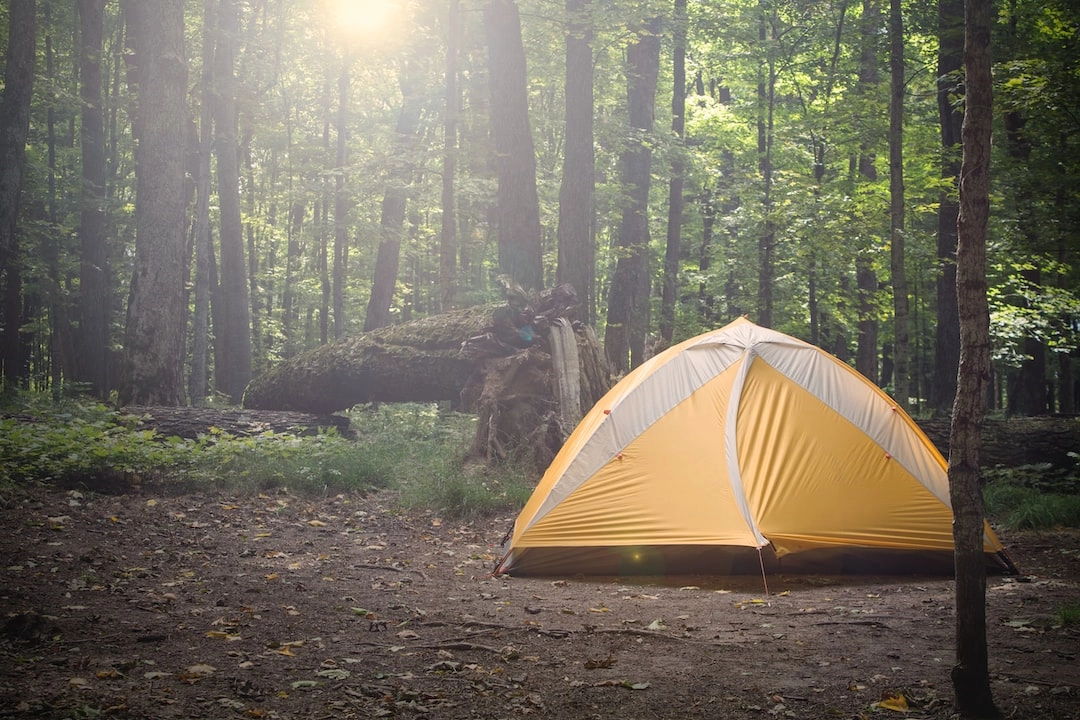What is Eco-Friendly Camping Gear?
Camping is a beloved outdoor activity that allows us to connect with nature and enjoy the beauty of the great outdoors. However, traditional camping gear often comes with a heavy environmental footprint. Eco-friendly camping gear, on the other hand, is designed with sustainability in mind. It encompasses a range of products and practices that minimize harm to the environment while still allowing us to enjoy our camping adventures.
Real-World Problems Associated with Traditional Camping Gear
While traditional camping gear may provide convenience and comfort, it is important to recognize the environmental challenges associated with its use:
1. Single-use Plastic Waste
Many camping gear items, such as disposable cutlery, plates, and water bottles, contribute to the massive plastic waste problem we face today. These items are often used for a short period and then end up in landfills or polluting our ecosystems.
2. Non-Biodegradable Materials
Non-biodegradable materials, like certain types of tents, sleeping bags, and camping furniture, can take hundreds of years to decompose. Their disposal contributes to long-term pollution and is detrimental to the environment.
3. High Energy Consumption
Traditional camping gear often relies on non-renewable energy sources, like propane and batteries, for cooking, lighting, and powering various camping equipment. This dependence on fossil fuels contributes to greenhouse gas emissions and climate change.
4. Habitat Destruction
Improper camping practices, such as setting up tents and campfires in ecologically sensitive areas, can lead to habitat destruction and disturbance of wildlife. These actions can have long-term negative consequences on local ecosystems.
5. Water Pollution
Improper waste management, including the disposal of soaps, detergents, and other cleaning agents, can contaminate nearby water sources. This pollution can harm aquatic life and degrade the water quality in camping areas.
In order to address these real-world problems and lessen our impact on the environment, it is important to embrace eco-friendly camping gear and adopt sustainable camping practices. By making conscious choices and opting for environmentally-friendly alternatives, we can enjoy our camping adventures while also preserving the natural beauty that surrounds us.

Solutions for Eco-Friendly Camping
Fortunately, there are several solutions and practices that can help minimize the environmental impact of camping:
1. Choose Sustainable Camping Gear
Opt for eco-friendly camping gear made from sustainable materials, such as recycled or organic fabrics, biodegradable tents, and reusable containers. Look for products that are certified as environmentally friendly and have a minimal carbon footprint.
2. Reduce Single-Use Plastic
Avoid disposable items like plastic cutlery, plates, and water bottles. Instead, bring reusable alternatives like bamboo or stainless steel utensils, plates made from eco-friendly materials, and refillable water bottles.
3. Embrace Renewable Energy
Utilize solar-powered lanterns, chargers, and portable stoves to reduce reliance on non-renewable energy sources. This helps decrease carbon emissions and the depletion of fossil fuels.
4. Practice Leave-No-Trace Principles
Follow Leave-No-Trace principles, including proper waste disposal, respecting wildlife and ecosystems, and leaving the campsite as you found it. This ensures minimal impact on the environment and preserves the natural beauty for future campers.
5. Educate and Inspire Others
Spread awareness about eco-friendly camping practices through social media, blog posts, and conversations. Encourage others to adopt sustainable habits, share your experiences with sustainable camping gear, and inspire others to make environmentally conscious choices.
By implementing these solutions, we can enjoy our camping adventures while being mindful of the environment. Small changes in our camping habits can make a big difference in preserving nature for generations to come.













